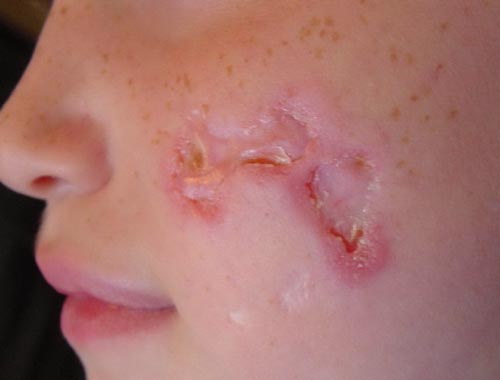Churg-Strauss syndrome (Wegener's Granulomatosis)
Churg-Strauss syndrome (CSS) is a form of primary systemic autoimmune vasculitis characterized by inflammation of blood vessels. This inflammation can restrict blood flow to vital organs and tissues, sometimes permanently damaging them. In CSS, vasculitis is associated with asthma and eosinophilia. Affected people classically have perinuclear antineutrophil cytoplasmic antibodies (p-ANCA) directed against myeloperoxidase (MPO). Asthma is the most common sign of Churg-Strauss syndrome, but Churg-Strauss syndrome can cause a variety of problems, ranging from hay fever, rash and gastrointestinal bleeding, to severe pain and numbness in your hands and feet. The wide range of symptoms, and their similarity to symptoms of other disorders, make Churg-Strauss syndrome challenging to diagnose. Churg-Strauss syndrome is rare and has no cure. The cause of the syndrome is not known, but it involves an abnormal over-activation of the immune system in a person with underlying bronchospastic lung disease (asthma). Doctors can usually help control symptoms with steroids and other powerful immunosuppressant drugs.
